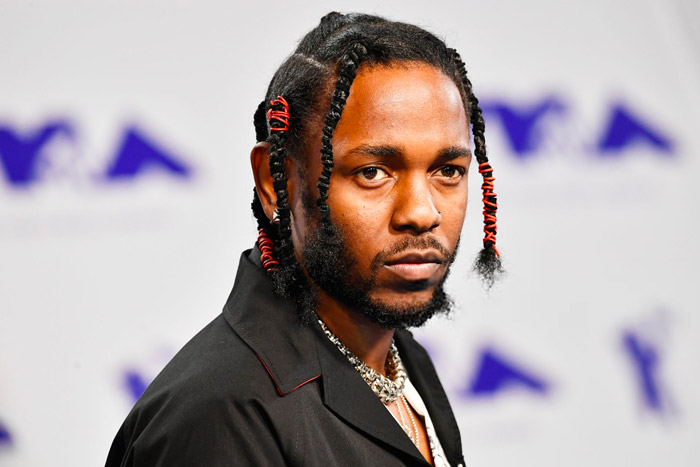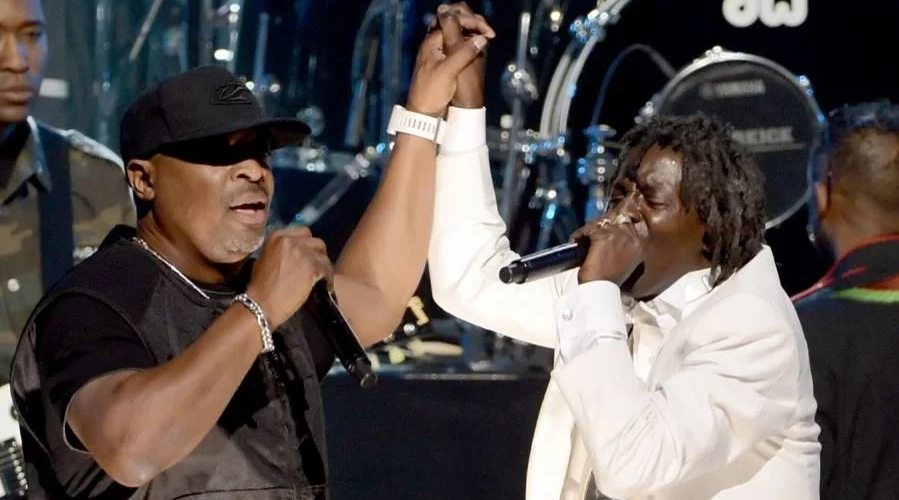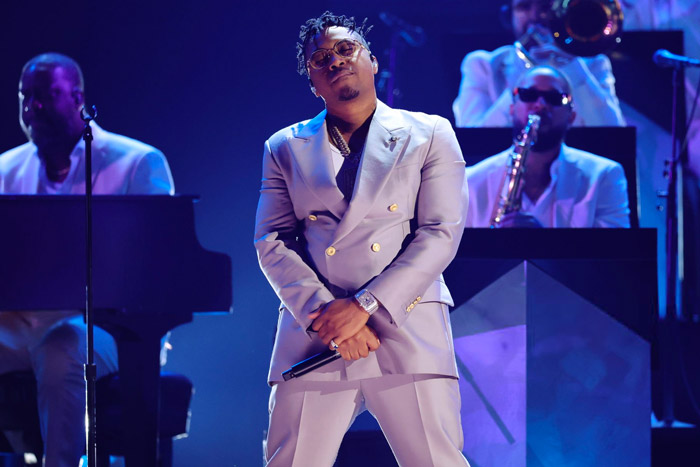



Conscious rap, a genre rooted in social commentary and activism, has evolved significantly since its inception. Born from the struggles of African Americans in the 1960s and 1970s, conscious rap has consistently addressed issues of racial inequality, social injustice, and personal empowerment. Let’s delve into its historical context and explore how contemporary artists like Kendrick Lamar, J. Cole, and others are continuing this tradition.
Historical Foundations
Conscious rap originated as a reaction to the tumultuous social landscape of the Civil Rights era. Influenced by activists like Malcolm X and Martin Luther King Jr., pioneers such as The Last Poets and Gil Scott-Heron laid down the groundwork with powerful lyrics that critiqued societal injustices. This philosophical approach to hip-hop diverged from purely commercial interests, focusing instead on raising awareness and sparking meaningful dialogues about race relations and social change1.
Golden Age of Conscious Rap
The 1980s and 1990s witnessed a surge in conscious rap with notable figures emerging across different regions. Public Enemy, founded by Chuck D and Flavor Flav, stood at the forefront with anthems like “Fight the Power” and “Bring the Noise.” Other prominent names included Boogie Down Productions (KRS-One), De La Soul, and Mos Def/Talib Kweli as Black Star. These artists collectively pushed boundaries by tackling hard-hitting subjects ranging from police brutality to economic disparities.
Contemporary Era
Fast-forwarding to the 21st century, conscious rap continues to thrive despite shifting cultural landscapes. Artists like Kendrick Lamar have redefined modern-day consciousness with albums such as “To Pimp a Butterfly” and “Good Kid, M.A.A.D City.” Tracks like “Alright” and “King Kunta” encapsulate his mission to challenge systemic racism through vivid storytelling and sonic experimentation.
Similarly, J. Cole has maintained a steadfast commitment to socially aware lyrics throughout his discography. Albums such as “Forest Hills Drive” feature poignant explorations into personal growth amidst societal pressures. His ability to weave complex narratives around relatable themes positions him as one of today’s leading voices in conscious rap.Other notable artists contributing to this legacy include:
- Noname: Known for her lyrical dexterity and intellectual depth, Noname uses her platform to tackle politics and gender-related issues with clarity and nuance.
- Little Simz: Hailing from London, Little Simz brings forth uplifting narratives centered around black womanhood while blending soulful rhythms characteristic of Afrobeat traditions.
- Mick Jenkins: With albums like “The Patience,“, Jenkins crafts verses infused with poetic flair that touch upon spirituality without resorting to finger-pointing rhetoric typical of older generations.
Evaluating Today’s Climate
Today’s climate demands urgent action against systemic inequalities exacerbated by globalization and digitalization trends. Artists are adapting by integrating fresh perspectives into their craft:
- Intersectionality: Modern-conscious rappers increasingly incorporate intersectional analysis into their lyrics—addressing intersections between race/gender/class/etc.—to paint comprehensive portraits reflective of contemporary realities.
- Activism Integration: Many musicians now actively participate in grassroots movements either through organizing rallies/events or leveraging their fame towards fundraising campaigns supporting marginalized causes.
- Technological Advancements: Leveraging digital platforms enables widespread dissemination thereby amplifying reach beyond geographical confines fostering global solidarity among disparate communities worldwide.
Conclusion
From its origins rooted deeply within historical contexts shaped by civil rights movements till date where contemporary icons push boundaries creatively addressing myriad facets encompassing an entire spectrum of societal issues; evolution trajectory-conscious rap embodies unwavering dedication towards creating meaningful change through powerful medium music itself becoming a catalyst transformative dialogue bridging gaps uniting humanity against backdrop adversity resilience hope eternal flame burning bright guiding lights illuminating paths forward brighter tomorrow beckons us all to embrace unity compassion empathy kindness love above all else forevermore amen.

Dogli Wilberforce is a versatile professional skilled in both SEO copywriting and journalism. With a background in journalism, he brings a unique storytelling perspective to his work. This allows him to create captivating narratives that resonate effectively online, making him a dynamic asset in today’s content-driven world.
